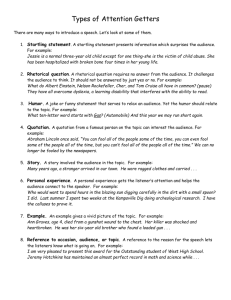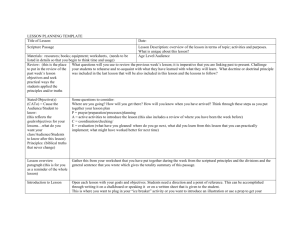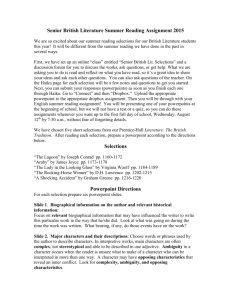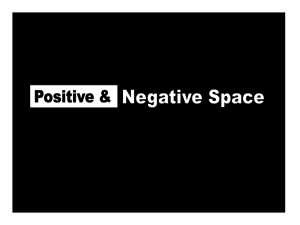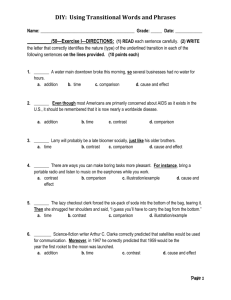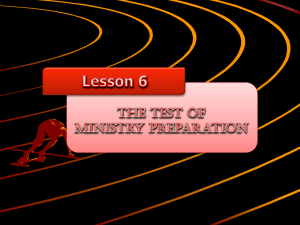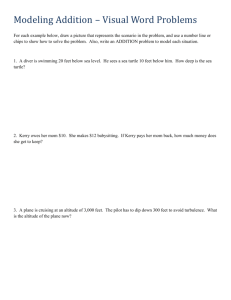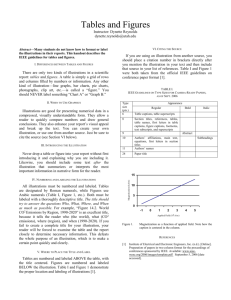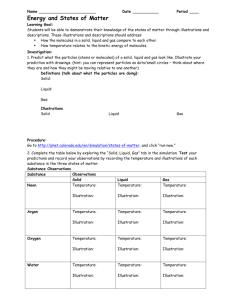The Hamburger Method of Writing Speeches
advertisement
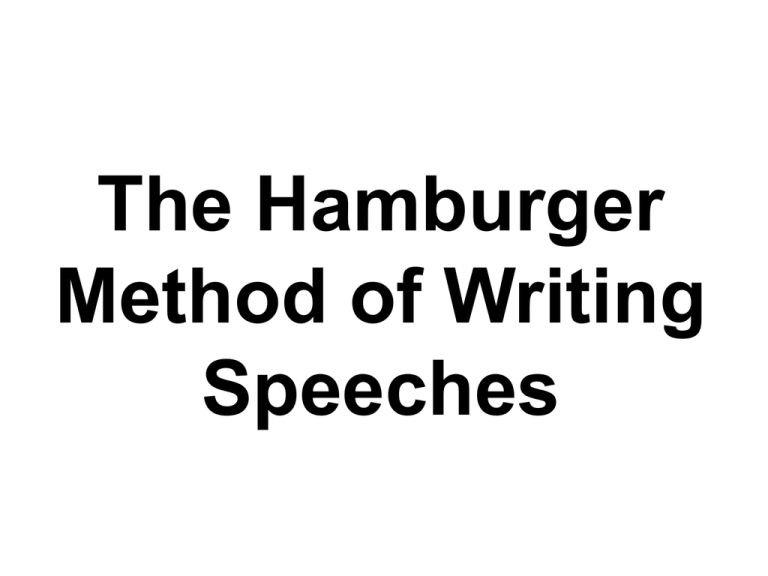
The Hamburger Method of Writing Speeches Three Parts of a Speech • Introduction • Body • Conclusion •Tell them what you’re going to tell them. (Preview) •Then Tell Them (View) •Then Tell Them What You Told Them. (Review) The Introduction 1. The purpose of a good introduction is to: Get the Audience’s Attention Set the Tone for the Speech Introduction 2. Relate the topic to the audience– BRIDGE Introduction 3. State the topic: Thesis Statement Introduction 4. Move smoothly into the BODY of the speech: TRANSITION Introduction • Should contain a: PREVIEW of the main points/divisions Techniques for Getting the Audience’s Attention • • • • • • • Startling Statement Illustration Hypothetical Illustration Rhetorical Questions Quotation Humor Action Startling Statement • An unexpected fact, statistic, or unusual information. Hypothetical Illustration • A made up story; “what if” story. Illustration • A story, description, anecdote, or imagery. Rhetorical Questions • A series of questions to get the audience to ponder or think. No answer required. Quotation • Using someone else’s words: Famous/give credit Universally known Humor • Funny story or joke appropriate, politically correct, and relates to topic. Action • An actual physical demonstration or act. Example of Introduction for Gameboard Project • “Life is like a photograph; we use the negatives to develop.” As I put my game board together for “The Game of Your Life” project I had the chance to reflect on all the positive as well as negative experiences that I have had in my life. This quote from motivateus.com made me think of how my self concept has formed through the years. I have selected three significant experiences in my life, some positive and some negative, that I will talk about today. You will see how these experiences have helped to form my self concept. Those experiences are ______, _______, and______. To begin….. Example 2 • Forest Gump once said that “Life is like a box of chocolates. You never know what you’re going to get.” My life has been like a box of chocolates – lots of variety, met some nuts, and bitten off more than I could chew at times. Although it has never been dull, predictable, or boring, some events have been more memorable than others. There are three events that have had a significant impact in my life and you will hear the details of those experiences today. I will share ______, ______ and ______ with you. First….. Body • Contains the largest portion of information. Elaboration and details. • Contains the main points or divisions of the speech. • Contains SIGNPOSTS. What’s a Signpost?? • A MAJOR transition between main points/divisions in a speech. • Tells the audience “where you have been” and “where you are going”. Signposts Where you’ve been; where you are going. Templates for Signposts Example: Now that we have discussed ______, we will move on to ______. Example: You’ve seen the different parts of the ___, now let’s learn how to play the various chords. Conclusions • A good conclusion should: 1. Have transition. 2. Include a summary or recap. 3. Frame your speech. Conclusions Frame: Links back to the attention step. Brings speech full circle. Give a sense of completion. • You can end a speech with a question asking the audience to do something or present a challenge to the audience. Example 1 • In my speech today I have shared with you some positive and negative experiences that have helped me to develop my self concept. Our lives are made of many “photographs”. Some are positive, and the negative ones we can use to develop ourselves if we have a good outlook on life. All in all, they form the scrapbook called “me”. Examples 2 • Each of us has many important experiences that make up who we are. I have shared several with you today that have affected my self concept. All in all, I’ve had a lot of variety, faced some nuts, and bitten off more than I could chew at times. As I close, I leave you with this thought: How’s your box of chocolates?
